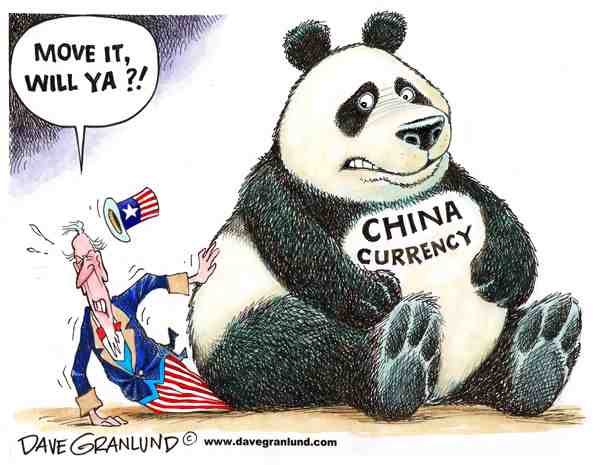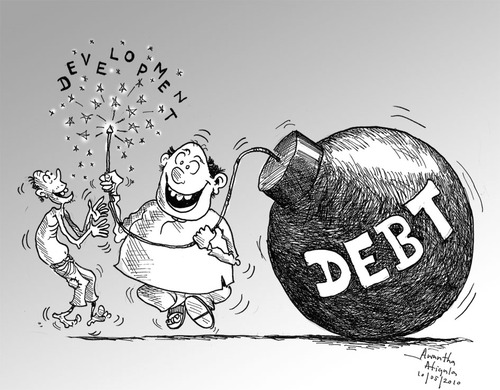Thats one hell of a Yao Ming
I'm somewhat skeptical about this short brief on The Economist on how emerging economies will be importing more than developed countries (forecasted to take place 2012 / 2013). Referring to the chart below, we can see that ever since the end of 1990s / start of 2000, emerging markets continue to increase their stake in the share of world imports. My first question would be - is the percentage valued in Unit Volume or Value? It is kind of a stupid question but there are different intepretation results; although I think that it is highly unlikely that they used Unit Volume to represent the graph.
Second of all one must understand this set of statistics takes into account manufactured goods, commodities and raw materials - to which without a doubt the emerging economy is eating up; therefore somewhat misleading. Increases in imports could mean massive increases in capital goods and intermediate goods for further use in production and does not necessitate that the domestic consumption in emerging economies is larger than that of developed countries. Just because the West are importing less, does not mean that they're losing out - we still haven't factored in or do a cross-comparison on imports and exports of services to which the West still has a global presence.
Lastly, we need to understand that most of the imports done by emerging markets are probably for the purpose of investment, with a higher probability for re-exports purposes. Its too apparent, even in the article in which I wrote about in my last post, countries like China are still saving up - preferring to mediate growth through savings rather than enjoy the wealth they have gained thus far. I believe the graph is far for complete - if a comparisson of imports is to be made they should also include the types of products in which each of the two sides do. There must be a movement - one would import more of something whereas the other would import less; the question is, what?
Looking forward to see the actual trend next year.





































